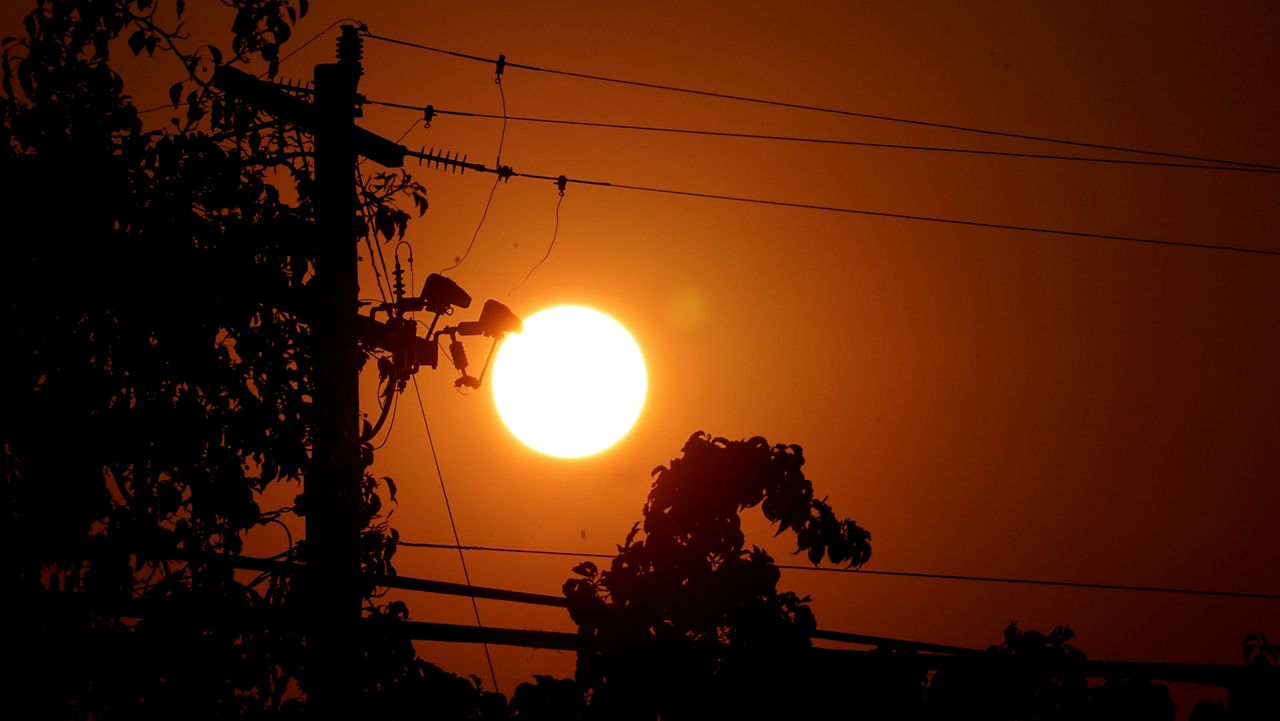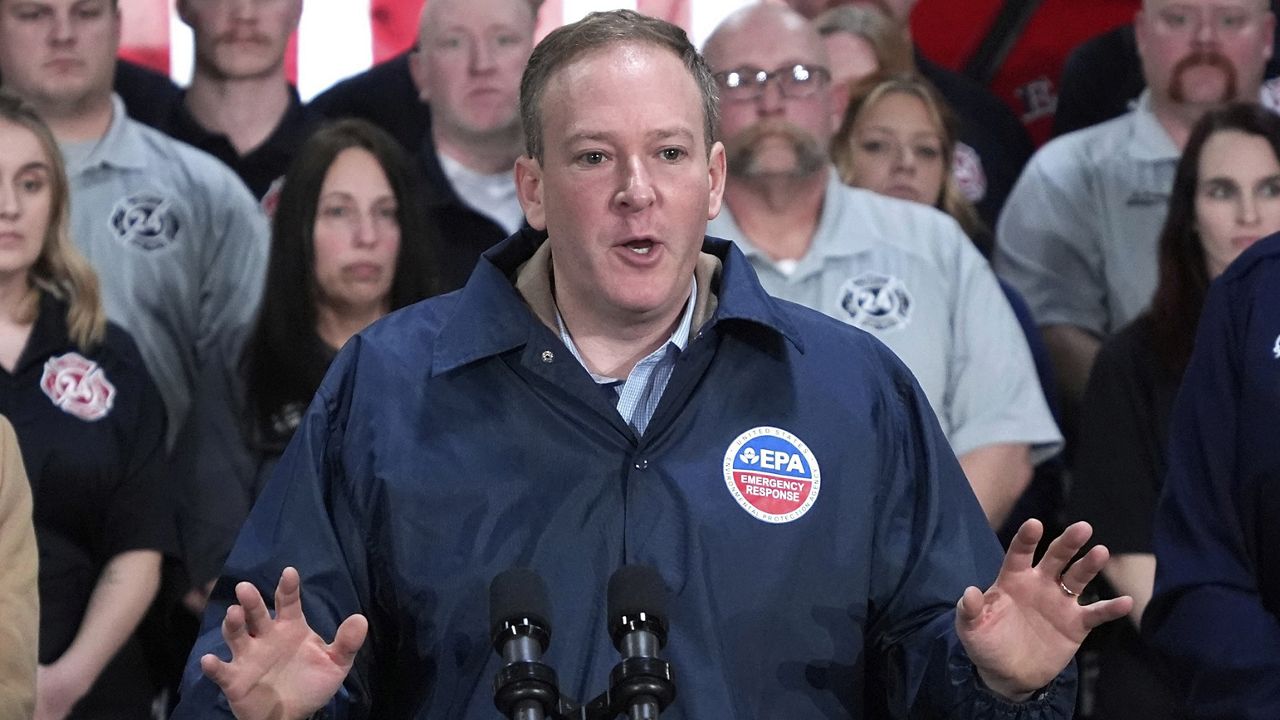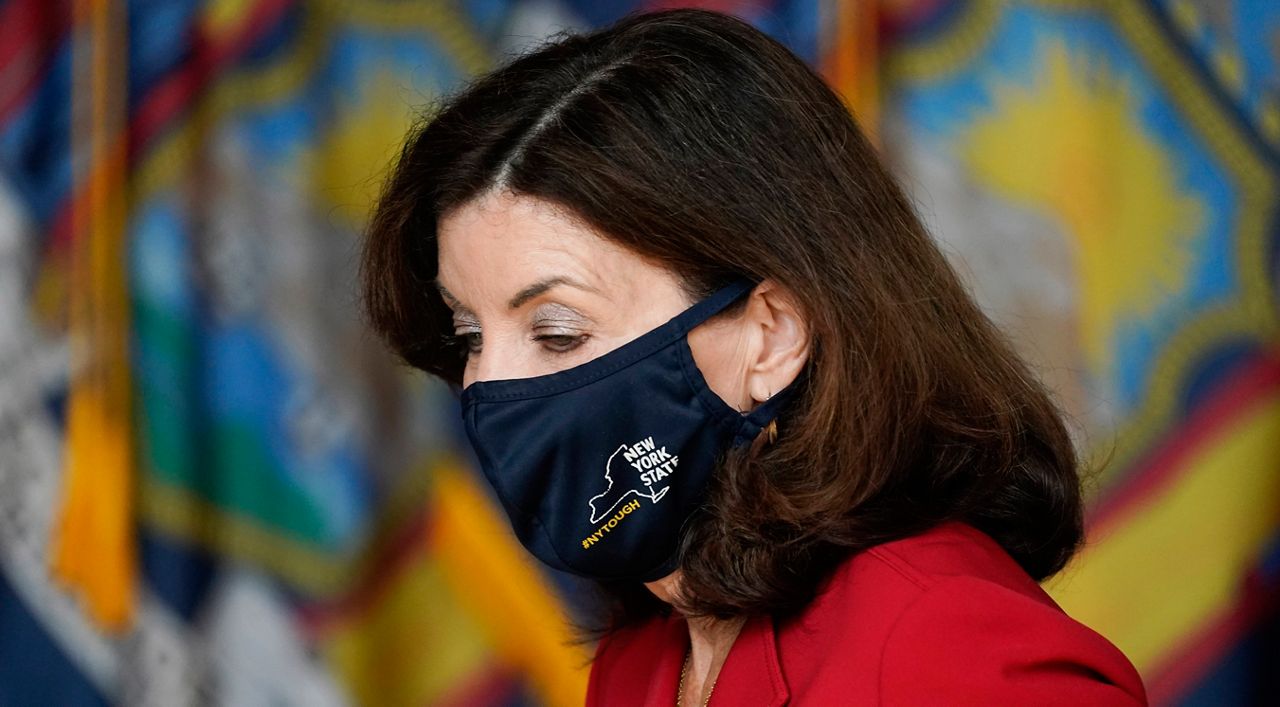A proposal that would enable the state to charge the oil and gas industry to help mitigate the effects of climate change in New York advanced in the state Senate on Monday, with advocates for the measure calling for its final adoption.
The provision, however, is opposed by the business community, which argues the legislation unfairly singles out energy companies to have them be on the hook for a major transition to more renewable forms of energy in the coming years.
The measure was approved as New York state officials are crafting policies to sharply reduce greenhouse gas emissions in the coming decades, changes that will overhaul how New Yorkers power their homes, cars and businesses.
Multiple proposals in recent months have sought ways of making companies responsible for pollution foot the bill, including a measure to expand recycling as well as make it easier for people to sue firms over climate change.
Environmental advocates modeled the legislation after the federal superfund program to charge those responsible for pollution to clean it up. Blair Horner of the New York Public Interest Research Group argues the profits of oil and gas companies in recent years show the firms could afford to help New York offset the impact of a changing climate.
"As climate change inflicts more expensive damage on New York state every day and New Yorkers are already forced to choose between eating and heating, we urge the Assembly Environmental Committee to follow the Senate's lead. Stand with New Yorkers - not wealthy multinational fossil fuel companies - by making corporate climate polluters pay and moving the Climate Change Superfund Act," he said. "Gov. Hochul and the Assembly must also follow the Senate's lead by including the Climate Change Superfund Act in the final budget."
The Business Council of New York State, however, pointed to the potential costs incurred by the change to renewable and cleaner forms of energy in the coming years, arguing the legislation is meant to "mask" the true cost of the transition.
"Meeting New York state’s greenhouse gas emissions reduction and renewable energy product targets will be costly and disruptive, regardless of any long-term benefits, so it is essential that the state’s implementation efforts are cost-effective, workable, and avoid significant damage to the state’s economic climate," the group wrote in a memo of opposition. "We believe there are many reasonable measures that can be part of the state’s implementation plan, and that a broadly applicable carbon pricing mechanisms can be part of that effort."








